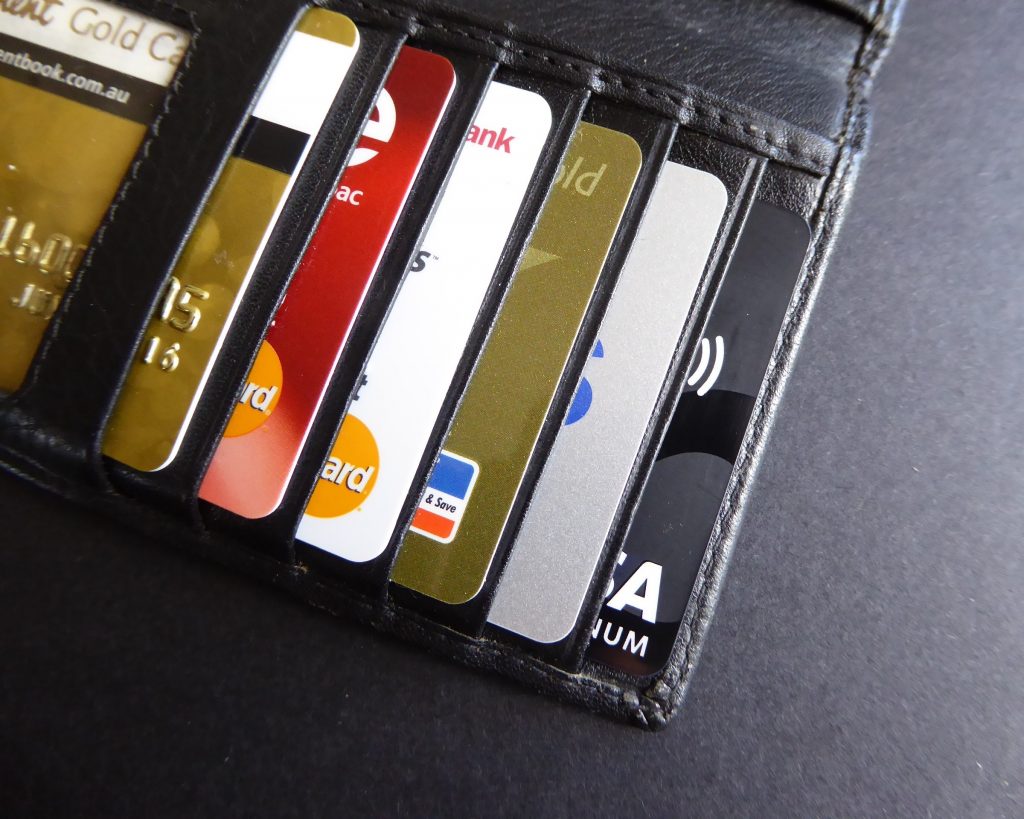Kicking off with Wells Fargo Active Cash Car Rental, this service offers an exceptional opportunity for customers seeking a seamless travel experience. With its user-friendly features and comprehensive benefits, this rental option caters to various needs, ensuring convenience and satisfaction for every traveler.

From flexible rental terms to competitive rates, Wells Fargo’s Active Cash Car Rental stands out in the marketplace. It not only simplifies the car rental process but also enhances the overall travel experience, making it a preferred choice for both business and leisure travelers alike.

In today’s fast-paced world, the importance of effective communication cannot be overstated. Whether in personal relationships, professional environments, or casual interactions, the ability to convey ideas clearly and persuasively can significantly impact outcomes. Communication is more than just exchanging words; it involves understanding, empathy, and the ability to connect with others on various levels. In this article, we will explore the significance of effective communication, its various types, and practical strategies for improving one’s communication skills.Effective communication is crucial in various aspects of life.
In the workplace, for instance, clear communication can enhance collaboration and productivity among team members. It is the foundation of good leadership, as leaders must articulate their vision and motivate others to follow it. Additionally, in customer service, effective communication can lead to increased satisfaction and loyalty. Customers appreciate being heard and understood, which fosters trust and encourages repeat business.Moreover, effective communication extends beyond verbal exchanges.
Nonverbal cues, such as body language, facial expressions, and eye contact, play a critical role in how messages are interpreted. For example, a firm handshake and consistent eye contact can convey confidence and sincerity, while crossed arms and lack of eye contact may signal defensiveness or disinterest. Thus, understanding and utilizing nonverbal communication is vital for enhancing the overall effectiveness of interactions.There are different types of communication, each serving unique purposes and contexts.
Verbal communication involves the spoken or written word, allowing individuals to express thoughts and ideas directly. This type of communication can be further divided into formal and informal categories. Formal communication is often structured and follows specific protocols, such as in business meetings or academic presentations. In contrast, informal communication is more casual and spontaneous, occurring in everyday conversations among friends and family.Nonverbal communication, as previously mentioned, includes gestures, posture, and facial expressions.
It often conveys more than words alone, as it can reveal emotions and attitudes. For instance, a smile can indicate friendliness, while a frown may suggest displeasure or confusion. Understanding these nonverbal cues is essential for interpreting messages accurately and responding appropriately.Another type of communication is visual communication, which utilizes imagery and design elements to convey information. This can include charts, graphs, diagrams, and videos.
Visual aids can enhance understanding and retention of information, making them valuable tools in presentations and educational settings. By incorporating visual elements, communicators can engage their audience more effectively and facilitate better comprehension.To improve communication skills, individuals can adopt several practical strategies. First and foremost, active listening is crucial. This involves fully concentrating on the speaker, understanding their message, and responding thoughtfully.
By practicing active listening, individuals can demonstrate respect and empathy, fostering a positive dialogue. Techniques such as nodding, summarizing what the speaker has said, and asking clarifying questions can enhance active listening skills.Furthermore, individuals should strive to be clear and concise in their communication. Using simple language and avoiding jargon can help ensure that messages are easily understood. When presenting complex information, breaking it down into manageable parts and using analogies can enhance clarity.
Additionally, being mindful of the audience’s background and knowledge level can help tailor the message for maximum impact.Another essential strategy is to be aware of nonverbal communication. As mentioned earlier, body language and facial expressions can significantly influence how messages are perceived. Being mindful of one’s own nonverbal cues, as well as those of others, can enhance the effectiveness of communication.
Practicing good posture, maintaining eye contact, and using appropriate gestures can convey confidence and engagement.In addition to these strategies, seeking feedback can be invaluable in improving communication skills. Individuals should be open to constructive criticism and willing to make adjustments based on the feedback received. This may involve asking trusted colleagues or friends for their perspectives on how to improve one’s communication style.
By incorporating feedback, individuals can continuously refine their skills and become more effective communicators.Another important aspect of effective communication is emotional intelligence. Understanding and managing one’s emotions, as well as recognizing and empathizing with the emotions of others, can greatly enhance interpersonal interactions. Individuals with high emotional intelligence are often better equipped to navigate conflicts, build rapport, and communicate effectively in various situations.
Developing emotional intelligence requires self-reflection, empathy, and a willingness to learn from experiences.Furthermore, cultural awareness is essential in today’s diverse world. Different cultures may have unique communication styles, norms, and expectations. Being respectful and sensitive to these differences can prevent misunderstandings and foster positive relationships. Individuals should strive to educate themselves about various cultures and adapt their communication styles accordingly.
This may involve learning about different customs, traditions, and communication preferences to ensure respectful and effective interactions.In conclusion, effective communication is a vital skill that impacts all areas of life. By understanding the different types of communication, actively listening, being clear and concise, and being aware of nonverbal cues, individuals can enhance their communication skills. Seeking feedback, developing emotional intelligence, and being culturally aware are additional strategies that can contribute to becoming a more effective communicator.
By investing time and effort in improving communication skills, individuals can foster stronger relationships, enhance collaboration, and achieve greater success in both personal and professional endeavors. Ultimately, effective communication is not just about conveying information; it is about building connections, understanding one another, and creating a positive impact in the world around us.
Essential Questionnaire
What are the eligibility requirements for renting a car?
To rent a car, you must be at least 21 years old, possess a valid driver’s license, and have a credit or debit card for payment.
Are there any additional fees associated with the rental?
Yes, there may be additional fees such as insurance, fuel charges, and late return fees, depending on the rental agreement.

Can I modify or cancel my reservation?
Yes, reservations can typically be modified or canceled online or by contacting customer service, though fees may apply based on the rental terms.
Is roadside assistance included with the rental?
Roadside assistance is often available as an add-on service for an additional fee; please inquire when making your reservation.

Can I use my Wells Fargo Rewards points for rental?
Yes, you may be able to redeem Wells Fargo Rewards points for car rentals; please check with Wells Fargo for specific program details.











